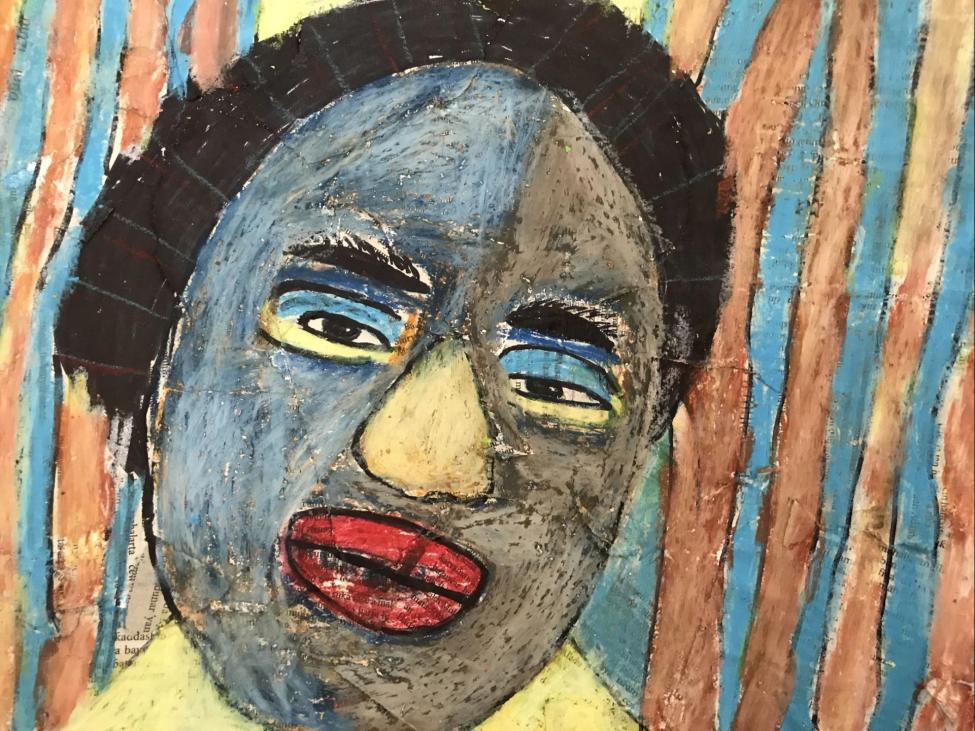-
Who We Are
WHO WE AREThe International Organization for Migration (IOM) is part of the United Nations System as the leading inter-governmental organization promoting since 1951 humane and orderly migration for the benefit of all, with 175 member states and a presence in over 100 countries. IOM has had a presence in Nigeria since 2002.
About
About
IOM Global
IOM Global
-
Our Work
Our WorkAs the leading inter-governmental organization promoting since 1951 humane and orderly migration, IOM plays a key role to support the achievement of the 2030 Agenda through different areas of intervention that connect both humanitarian assistance and sustainable development.
- Data and Resources
- Take Action
- 2030 Agenda
Abuja – Relentless violence inflicted during the ongoing crisis in Nigeria's northeast has forced millions from their homes. Up to 2.1 million people fled at the height of the conflict, 1.7 million of whom are currently internally displaced. Close to 200,000 are still seeking safety in neighboring Cameroon, Chad and Niger.
Women have particularly bore the the brunt of the conflict as they are targeted and exposed to violent acts such as killings, attacks, abduction and forced marriage. One third of the female displaced population in Nigeria's northeast, has suffered some forms of sexual violence, whereas a fifth have been victims of physical violence.
IOM, the UN Migration Agency, has held art therapy workshops for some of the internally displaced by the crisis and now living in camps in Nigeria's northeast.
The workshops have focused on the creation of self-portraits, using different artistic techniques. The process enables exploration of the participants' complex layers of identities, inner feelings and the messages they may wish to convey to the outside world.
Women make up just over half of the total number of people internally displaced globally.
To promote wider use of art as therapy across displaced communities in the northeast, IOM psychosocial support staff, which includes members from the affected communities, also participate in the workshops, creating some of the portraits below.
They bring the art therapy and relaxation techniques practiced at the workshops to different camps and communities so more displaced women, men, and children can benefit from the healing power of channeling emotions into art.
More information about IOM's mental health and psychosocial support for displaced people in Nigeria can be found here.













